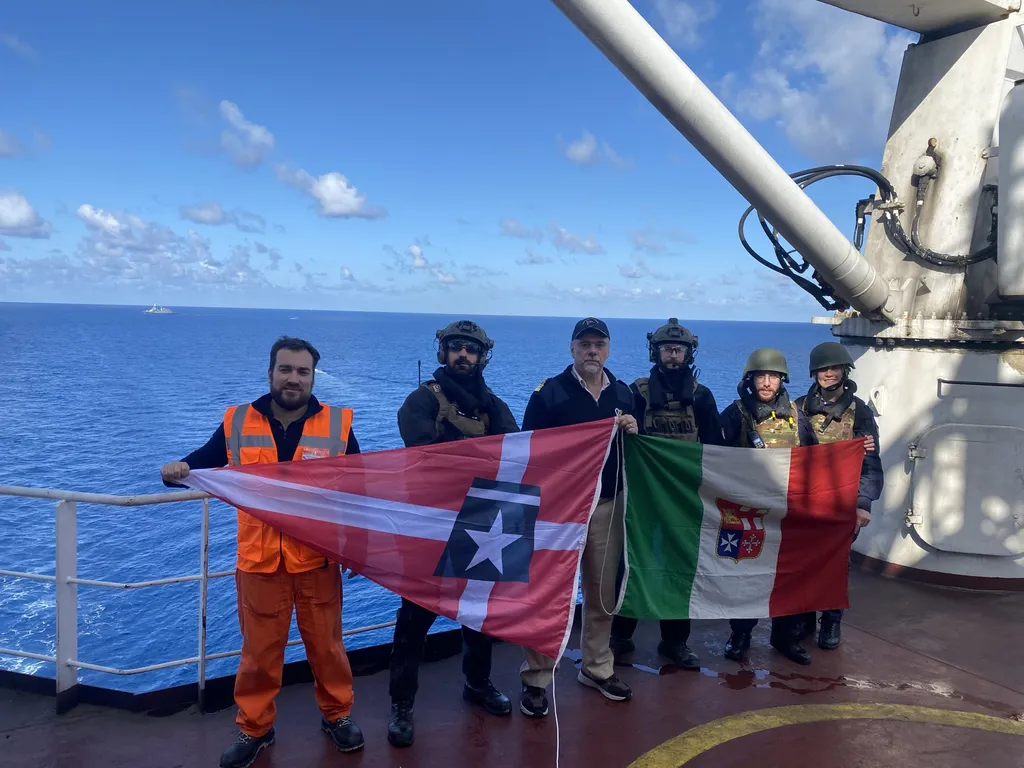Researchers from the University of Messina, including Francesco Longo, Alessandro Chiurco, Roberto Musmanno, and Letizia Nicoletti, have developed an advanced system for cooperative training in marine ports, focusing on harbour pilots and port traffic controllers. Their work addresses the critical “last mile” of navigation, where precision and coordination are paramount.
The team designed a distributed and interoperable system comprising two simulators: a bridge ship simulator and a control tower simulator. This setup allows for realistic, cooperative training, mimicking the complex interactions between ship operators and port traffic controllers. The system leverages a 6 Degree Of Freedom (DOF) model to simulate the ship’s motion, accounting for surge, sway, and yaw, while using closed-form expressions for pitch, roll, and heave. This model was validated to ensure accurate representation of real-world conditions.
To enhance realism, the researchers developed detailed 3D geometric models of a real marine port and vessel. These virtual environments provide trainees with an immersive experience, making them feel as though they are operating in an actual port and ship setting. The bridge ship replica was designed with hardware integration and a visualization system to further enhance the training experience.
The control tower simulator was also meticulously designed to replicate the operational environment of port traffic controllers. This simulator allows controllers to practice managing vessel traffic, coordinating with pilots, and ensuring safe and efficient port operations.
A key aspect of the system is its interoperability. The bridge ship simulator and control tower simulator are integrated using the IEEE 1516 High Level Architecture standard for distributed simulation. This standard ensures seamless communication and coordination between the two simulators, enabling realistic cooperative training scenarios.
The practical applications of this research are significant. For the marine sector, this advanced training system can improve the skills of harbour pilots and port traffic controllers, leading to safer and more efficient port operations. By providing a realistic and immersive training environment, the system can help operators better prepare for real-world challenges, ultimately enhancing maritime safety and operational efficiency. Read the original research paper here.

